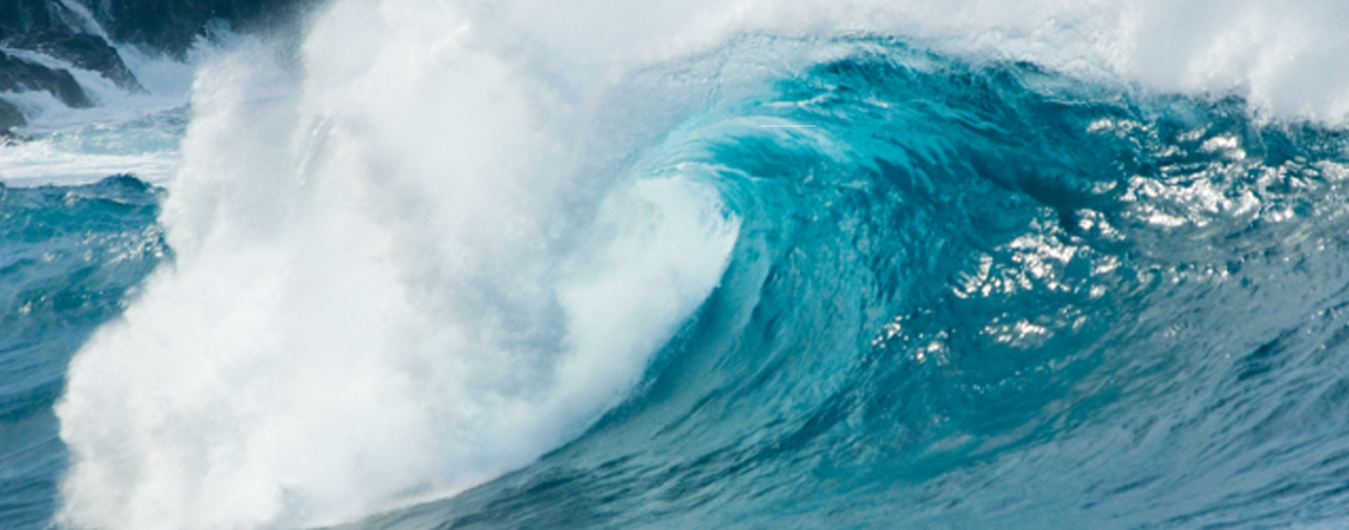30 August 2010
Ray Wills, CEO
Western Australian Sustainable Energy Association Inc. (WA SEA)
Website: www.wasea.com.au
Email: info@wasea.com.au
Planning Minister John Day’s release today of a new planning vision and direction for Perth and Peel to guide the planning of the city to 2031 and beyond has been welcomed by the WA Sustainable Energy Association Inc. (WA SEA).
WA SEA notes the Minister’s reference to compliance of the Directions 2031 document is in line with the Council of Australian Governments (COAG) national criteria for capital city strategic planning systems for Australian cities that are “globally competitive, sustainable, liveable, socially inclusive and well-placed to meet future challenges and growth.”
‘We must fundamentally change the way we think about energy, and planning for 2031 must simply be a part of planning the 21st Century,’ says WA SEA Chief Executive, Prof Ray Wills.
WA SEA calls for all future developments, whether completely new or urban renewal, be achieved with energy efficiency and renewable energy deployment through a combination of mandated measures and reduced taxes and fees to minimise transaction costs.
A growing raft of projects are already embracing sustainability to grow greater metropolitan Perth in a series of sustainable cities – City of Yanchep, Alkimos, the Stirling City Centre Project, North Port Quay, Cockburn Coast, to name a few.
Further, mandatory installation of the most affordable and appropriate technologies such as solar hot water, solar air-conditioning, heat pumps and geothermal on all new houses and buildings, and tied to all renovation approvals, as well as on all existing government facilities and public buildings, will deliver long term savings to building owners and tenants, and to the tax payer.
Growth brings many opportunities but also threatens to gridlock the city. Directions 2031 must bring on new transport policies that integrate all forms of public, personal and industrial transport.
Public transport utilising low and no emissions mass transit, and particularly light rail, is seeing significant growth in nations around the world, and Australia should ensure it delivers strong investment in infrastructure for the benefit of future generations of Australians.
Various light rail proposals including the Knowledge Arc, Perth Airport to the city, the Stirling City Centre Project, and the Perth Light Rail Project all have merit need to be fairly considered in the context of Directions 2031.
Cities around the world are looking to become more sustainable – existing cities like Reykjavik, Iceland, Portland, Oregon, and Malmö, Sweden, and glamorous new proposals like Masdar City, UAE and Tianjin Eco-City, China.
In WA some of our greenest places to live are already appearing in regional WA as a consequence of the deployment of renewable energy.
Now that Horizon Power has established a new power station in the town of Marble Bar, with one soon to be completed in the neighbouring town Nullagine, in the east, these towns are going quite green almost overnight.
‘Perth has an opportunity to grow with sustainability principles as a guide, and take advantage of the best renewable energy resources in the world to power Perth in the 21st Century – and keep up with regional WA,’ says Prof Wills.
Editors notes:
1. Planning Minister John Day media release
2. Online listing of green cities
3. Examples of WA projects
http://www.alkimos.com.au/The-Vision/
http://www.stirlingcitycentre.com.au/
http://www.yanchepbeach.com.au/news.html
4. Marble Bar Nullagine project
5. The Western Australian Sustainable Energy Association Inc. (WA SEA) is a chamber of enterprises that has a growing membership of over 360 industry members from a diversity of businesses. WA SEA is the largest energy industry body in Australia.
6. WA SEA bringing you the Energising SE Asia Conference 23-26 March 2011, Perth.





